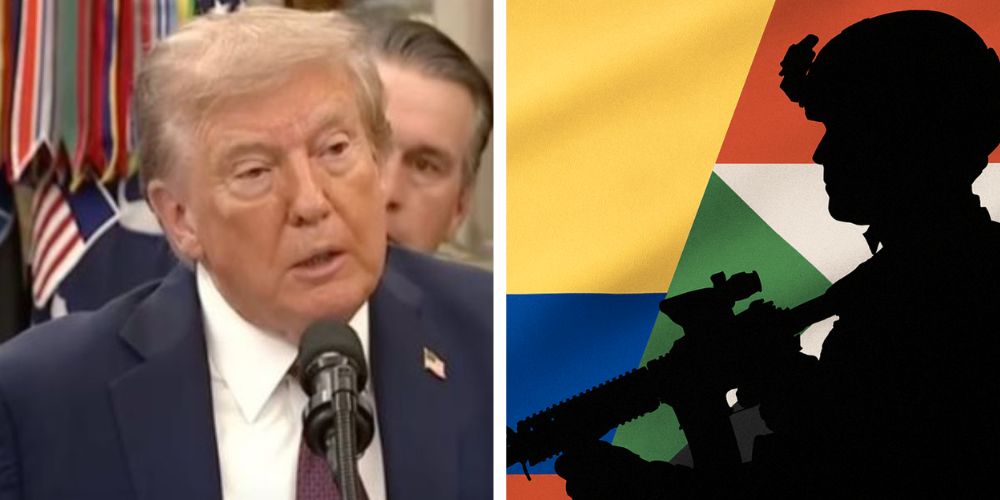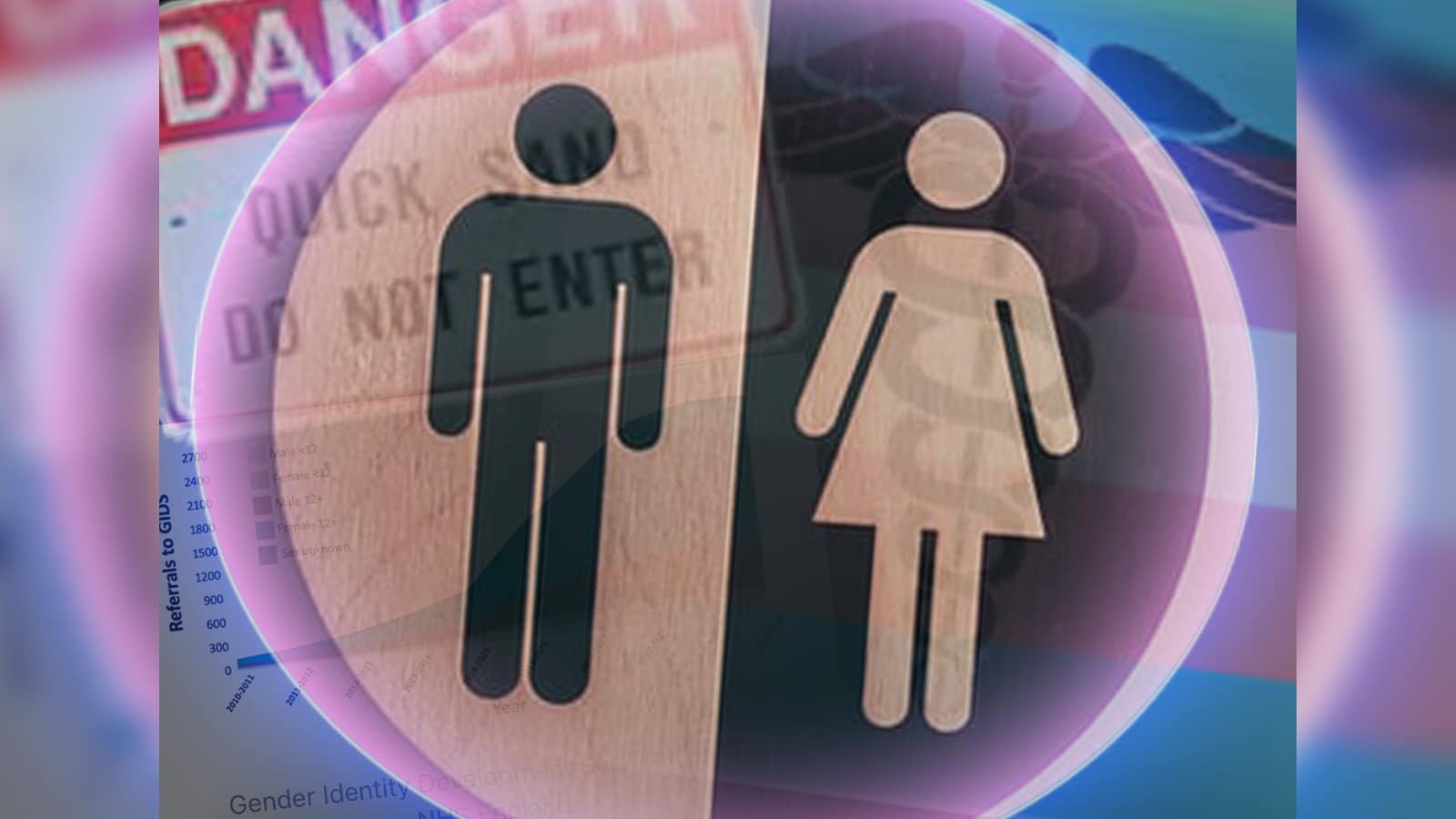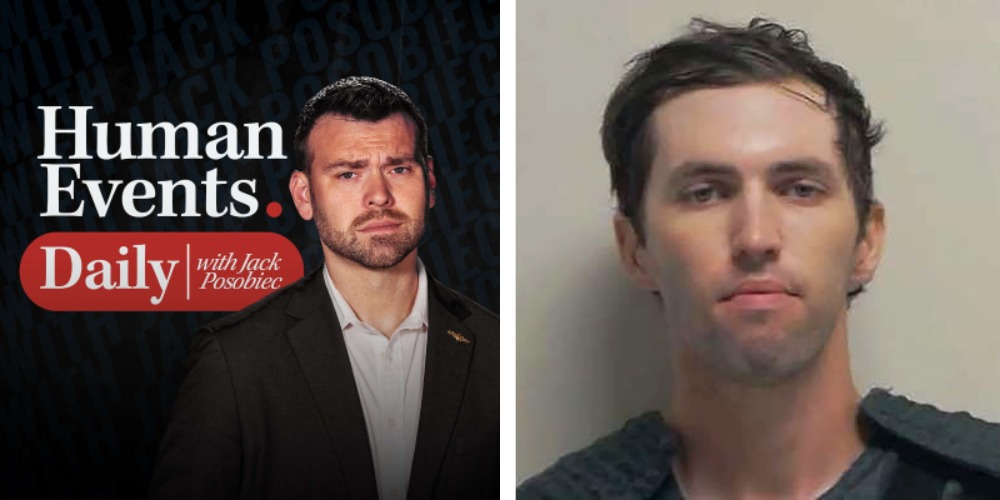In July 2021, then-Gov. Andrew Cuomo of New York declared a gun-violence emergency, promising to fight firearms crimes by a variety of measures such as a gun-violence prevention office in the state’s Department of Health, $57 million on summer job programs for at-risk youth, requiring local police departments to provide incident-level data on shootings, and greater efforts to stop the inflow of out-of-state firearms.
One year later, New York City’s crime rate was 31 percent higher than when Cuomo declared the emergency. In fact, there were 34 percent more murders, grand larcenies were up 41 percent, and robberies had risen by 37 percent.
An emergency requires immediate care. By that measure, Cuomo’s plan failed.
Declaration of a citywide or statewide emergency is bound to disappoint because of a lack of focus. Like Cuomo’s plan, most of the emergency responses across the country are mishmashes of potentially useful things the government should already have been doing plus a large amount of feel-good activities designed to show concern and to attack crime without getting criminals off the streets. A politician’s first response to any problem is to throw someone else’s money at it.
Moreover, declaring a gun-violence emergency reflects a failure to define the problem properly. The rise in gun violence is in large part a direct result of actions by state and local governments in the past half-dozen years, and a refusal to acknowledge that crime is an intensely local problem, not nearly as widespread as politicians and the media make it seem.
The government policies that brought on the crime wave are obvious to everyone except the politicians who want to ignore them. The defund the police movement, infiltration of criminal-coddling district attorneys and prosecutors financed by leftist billionaire George Soros, the de-incarceration movement, the shortage of police officers in the wake of the mass protests and public vilification of police since the summer of 2020, and other such policies have decreased the risk that criminal activity will bring negative consequences to the perpetrators. Like everybody, potential criminals respond to incentives and avoid risks. Lowering the risks to criminals raises the risks for everybody else.
Undoing those bad decisions is essential. Lawmakers should give police sufficient funding to improve recruitment and training, while rooting out any bad apples. State governments must remove rogue prosecutors who blithely let violent criminals run free. Prosecutors and judges should require bail before releasing plausibly accused people back onto the streets, and state and local laws should mandate they do so. People behind bars cannot commit crimes against the public, and the choice to set offenders free has consequences.
The other major reason why these broad-brush emergency declarations won’t work is that not everybody is equally vulnerable to crime or identically likely to break the law. John Lott of the Crime Prevention Research Center notes, “The worst 5% of [U.S.] counties contain 47% of the population and account for 73% of murders. But even within those counties, the murders are very heavily concentrated in small areas.” The division of the nation into very safe places and very dangerous ones is intensifying. “This concentration of murders is the highest in over a decade,” Lott observes.
In addition to destroying the quality of life in those urban neighborhoods, the increasing concentration of crime means geographically focused efforts can have a very high payoff. It also suggests the purportedly compassionate crime policies of politicians and prosecutors have had their worst effects in a small number of locations. Lawmakers who want to reduce the number of murders and other violent crimes should focus their efforts where the great majority of killings and assaults take place. Protecting people from crime requires attention to the vulnerable neighborhoods, not the healthy ones.
Such targeted increases in arrests and imprisonment are likely to have a disparate effect on various ethnic groups, which will understandably bring complaints from activists. The restoration of order, however, will benefit law-abiding people who are drawn largely from those very same ethnic groups. Sympathy for the innocent should be more important than bean-counting. Lawmakers and opinion leaders must make clear their determination to do right by all their constituents regardless of backlash from activists and the press.
Declarations of gun-violence emergencies may feel good, but they are doomed to fail. It will require real courage for policymakers to choose a serious response, which means identifying the vulnerable areas in their jurisdictions and concentrating on making them safe. Right now, the real courage is displayed by those who walk those streets knowing that the government is failing in its duty to protect them.
S. T. Karnick is a senior fellow and director of publications for The Heartland Institute, where he edits Heartland Daily News.






